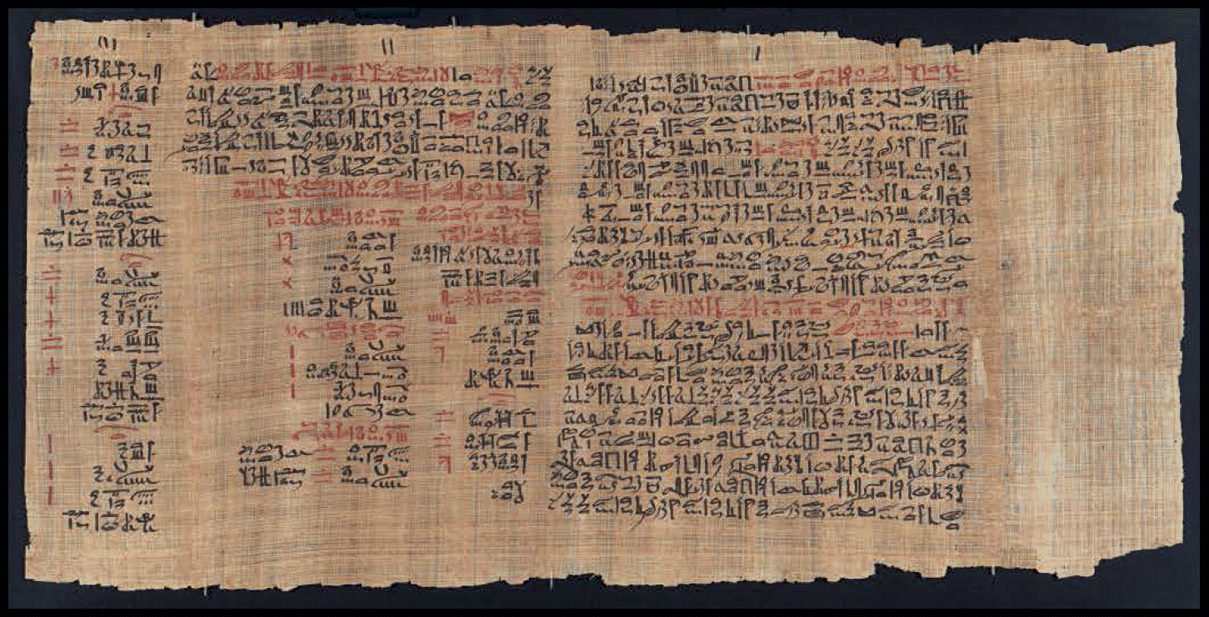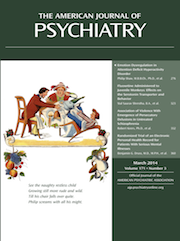When Affective Disorders Were Considered to Emanate From the Heart: The Ebers Papyrus
When the heart is sad, behold it is the moroseness of the heart, or the vessels of the heart are closed up in so far as they are not recognizable under thy hand.
When the heart is miserable and is beside itself, behold it is the breath of the heb-xer priest that causes it through the hollow of his hand. It penetrates right down to the rectum in such a manner that the heart comes forth and loses its way under the disease.
When his heart is afflicted and has tasted sadness, behold his heart is closed in and darkness is in his body because of anger which is eating up his heart.

Footnote
References
Information & Authors
Information
Published In
History
Authors
Metrics & Citations
Metrics
Citations
Export Citations
If you have the appropriate software installed, you can download article citation data to the citation manager of your choice. Simply select your manager software from the list below and click Download.
For more information or tips please see 'Downloading to a citation manager' in the Help menu.
View Options
View options
PDF/EPUB
View PDF/EPUBLogin options
Already a subscriber? Access your subscription through your login credentials or your institution for full access to this article.
Personal login Institutional Login Open Athens loginNot a subscriber?
PsychiatryOnline subscription options offer access to the DSM-5-TR® library, books, journals, CME, and patient resources. This all-in-one virtual library provides psychiatrists and mental health professionals with key resources for diagnosis, treatment, research, and professional development.
Need more help? PsychiatryOnline Customer Service may be reached by emailing [email protected] or by calling 800-368-5777 (in the U.S.) or 703-907-7322 (outside the U.S.).

